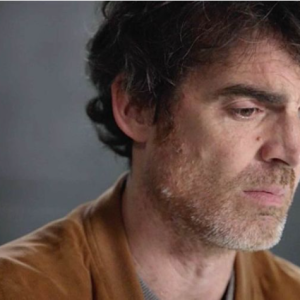In this tense scene from Die Spreewaldklinik, a patient named Taubert is clearly frustrated by the suggestions of his doctor. Nico offers to keep him in the hospital for more tests, including an EKG and a complex ICU test. However, Taubert is resistant to the idea of being monitored or restrained, feeling insulted by the suggestion of being treated like a “dangerous madman.” He strongly rejects the idea of being tied to a bed for safety and makes it clear that he doesn’t want to be watched, arguing that it’s unnecessary.
Nico tries to calm the situation, assuring him that the tests are only for his own safety and that the hospital staff is simply trying to ensure that nothing is missed. Despite Taubert’s refusal, Nico persists, emphasizing that a few simple, non-invasive tests would help them better understand what’s going on. Taubert is reluctant, expressing his frustration over the inconvenience of the tests and the time it will take, but ultimately agrees to stay for further examination, albeit grudgingly.
Nico assures Taubert that Dr. Berens, another doctor involved in his care, is highly skilled and trustworthy, and that he should feel comfortable with the treatment plan. Despite the initial resistance, Taubert begins to soften, as he acknowledges that he has no choice but to stay and allow the tests to be done. Nico reassures him again, trying to make the patient feel at ease and explaining that they’re simply taking the necessary steps to reach a diagnosis as quickly as possible.
In a lighter moment, the atmosphere shifts when Taubert receives some unexpected good news: Erik has given him his glasses, a small but comforting gesture that helps lift his spirits. Taubert, still processing the stress of the situation, seems to appreciate the gesture, though his skepticism lingers.
As the scene continues, the characters navigate the personal tensions that arise within the medical setting. Nico also takes the time to apologize to another colleague for earlier outbursts, acknowledging that his stress over a recent power outage had caused him to lash out unfairly. This small act of reconciliation shows a softer side to the characters, reinforcing the theme of human connection amidst the pressures of medical care and personal struggles.
This scene captures the delicate balance between medical authority and patient autonomy, while also highlighting the emotional undercurrents of the characters’ interactions. It sets the stage for further developments in both the patients’ care and the relationships between the hospital staff.
